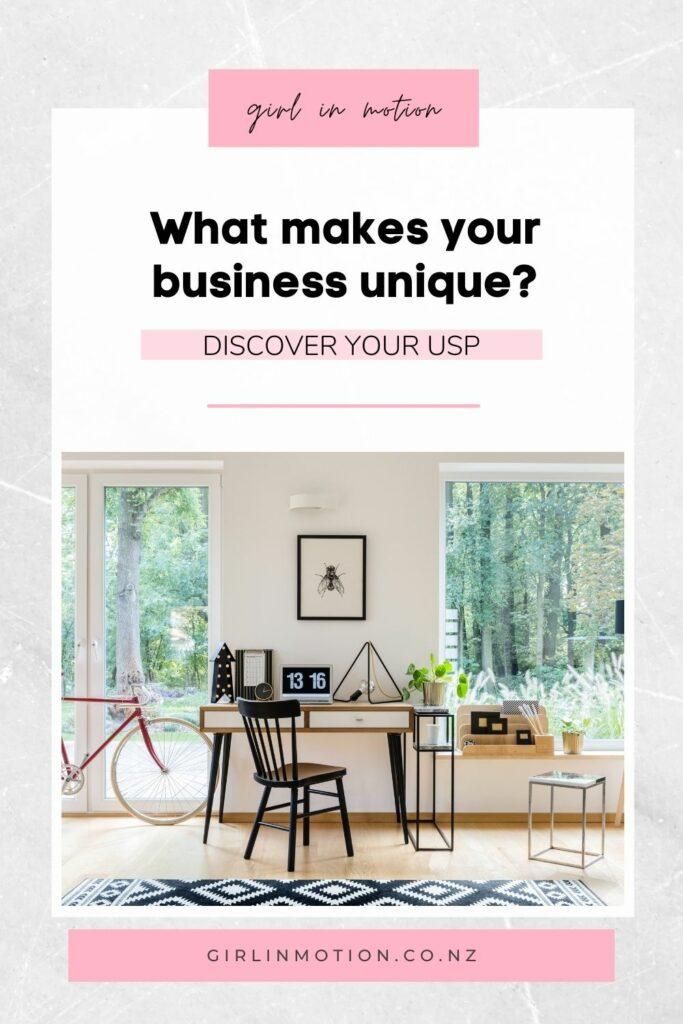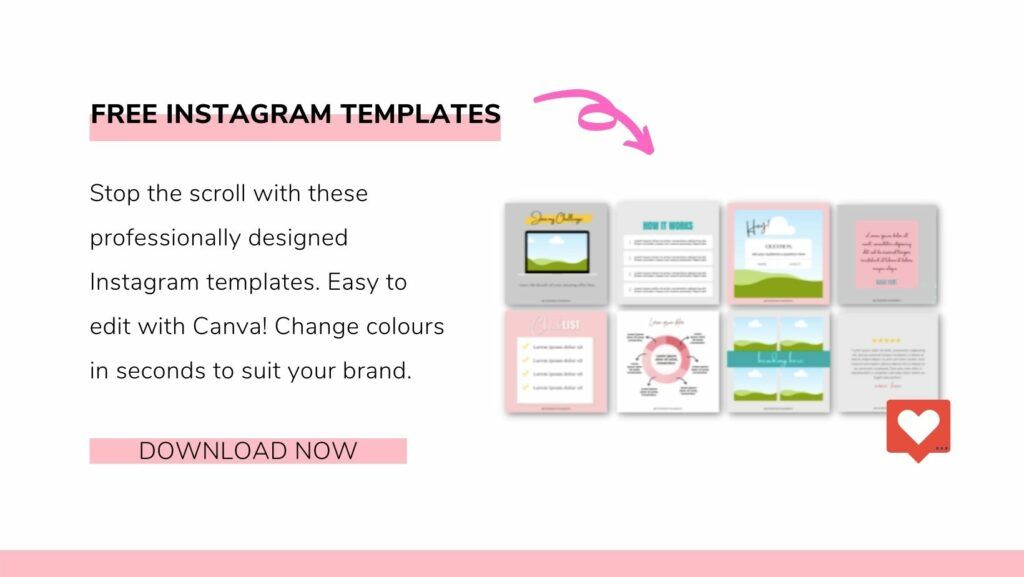
What makes your business unique? This is an important question to ask yourself. It is a loud, busy world out there, and identifying what makes your business different from competitors will allow you to rise above the noise and connect with your ideal customer.
Read on to learn about doing competitor research and how to define your unique selling point.

Competitor Research
The first step to identifying what makes your business unique is to look at your competitors. The idea is, of course, not to copy others, but to look at what other businesses within your industry are doing to establish where you fit in the market.
Analysing what similar businesses out there are doing will allow you to highlight your strengths, identify opportunities, and define what makes you different from the rest.
Benefits of doing competitor research include:
- Get a better understanding of your industry
- Analyse what your competitors are offering
- Get a better idea of how much people are willing to pay for your services
- Identify potential gaps in the market
- Define your USP
- Fill in the blanks
How to Do Competitor Research
A good way to kick-off your competitor research is by doing a Google search.
Set aside some quiet time, grab a pen and paper, and do an online search using your industry keywords. See what businesses come up on the first page of the search results.
It can be a good idea to start your search broad and the get more more niche.
For example, if you were thinking about opening an online Spanish language school, you may want to start by looking at what language schools in general are doing. Then, you can narrow down your search to only language schools (any language) in your area. Finally, narrow down your research to only Spanish schools.
Make a list of the ones that catch your eye, noting down things such as:
- Name
- Location
- URL
- What services do they offer?
- What are their most popular services
- How do they package their services?
- How much do they charge?
- Who are their target customers?
- What problem are they solving?
- What do their customer reviews say?
- What do customers love about them?
- What are their customers saying that they can improve?
- What do you like about what they are doing?
- What can you do better than them
- What do you like about them?
- What are their weaknesses?
- What is their USP
- Any other interesting findings
Remember to write down any ideas that come to you as you are looking at your competitors. You will probably forget about them if you don’t make a note!
Analyse Competitors’ Services and Pricing
Looking at your competitors can also help you define the services that you will offer. There is no need to reinvent the wheel. See what are the most popular services out there and add your own spin to them.
This doesn’t mean that you need to offer a service just because others do. Only consider services that are aligned with your business goals and fit within your niche.
Conducting competitors’ research will also allow you to identify any gaps in the market that you could fill with your service offerings.
Looking at what other people within your industry are doing should spark your inspiration. The goal is to help you identify how you can serve your ideal client better than anyone else out there.
Social Media Research
You can do further research by looking at what competitors are doing on social media. Have a look at what comes up when you search for services within your industry on different platforms:
Questions to ask
- How do your competitors drive engagement through social media?
- What kind of content are they posting?
- How do they interact with their followers?
Finding Your Unique Selling Proposition
In simple words, your Unique Selling Proposition is what makes your business different to others within your industry.
Unique: It sets you apart from your competition. What makes your business special? What would make your ideal customer choose you over others?
Selling: It needs to persuade your ideal customer to give you money for this service or product.
Proposition: What is your proposal? How are you planning to solve your ideal customers’ problems?
Your USP answers this question: what services does your business offer that is going to serve your ideal client better than anyone else?
Why Do I Need a USP?
Your USP will help you define your niche and allow you to better connect with your ideal customer. If you communicate your USP successfully, it will help your ideal customer understand why they should choose you over the competition.
Knowing your USP will help you define what your business does and why you do it.
How to Define Your USP
- Identify our target customer – who are they?
- Remember the problem that you are solving for them
- Consider your strengths, experience, passion – what is it about you that makes you the best person to solve your ideal customer’s problem?
- Compare yourself to your competitors – what makes you different from them?
Keeping in mind all the above, make a list of what makes your business stand out from the rest. How does it solve your ideal customer’s challenges and why is your way better than other options in the market.
Brainstorm What Makes Your Business Different
Grab a pen and paper and brainstorm some USP ideas. They don’t need to be outlandishly different from your competitors, just add your own twist to make it a little different.
For example – if you are a graphic designer, you could focus on doing only logos for new businesses. Or you could offer a new business branding package that is ready in only a week. Or you could combine your graphic design knowledge with other skills that you may have to create a specific design package. E.g: if you can also take photos you could offer a branding package for new businesses that also includes personalised stock photos and headshots.
USP checklist:
- Does it solve a problem?
- Does it make you different from your competition?
- Is it something that you are really good at?
- Is it something that you like doing?
- Does it represent your authentic self?
What Makes Your Business Unique? Final Thoughts
Defining what makes your business unique can be harder than it sounds. Don’t stress too much about defining your USP during the early days of your business. It can take big companies years to come up with the right USP.
You don’t need to have all the answers today – your USP will be a work in progress that you tweak, improve, and adapt as your business grows.
Want more tips and inspiration? Read these articles:
Latest blog posts









